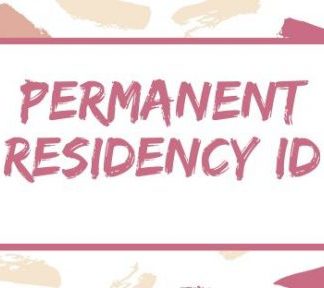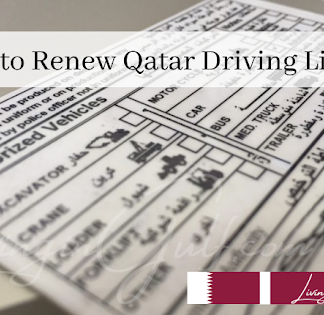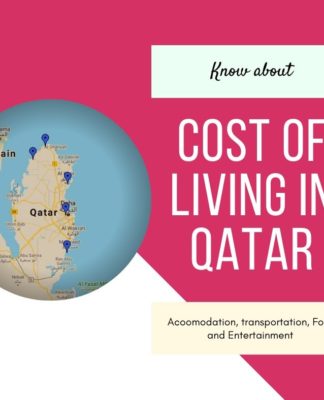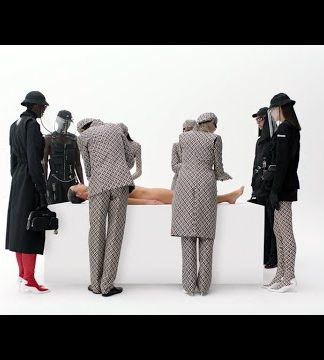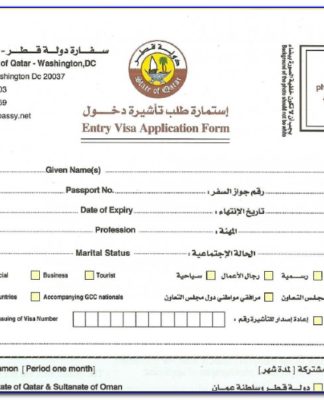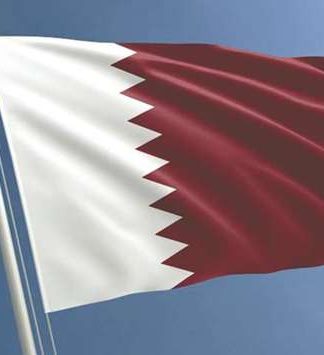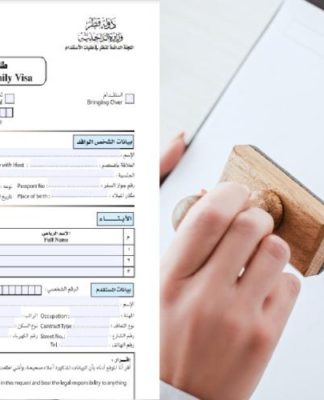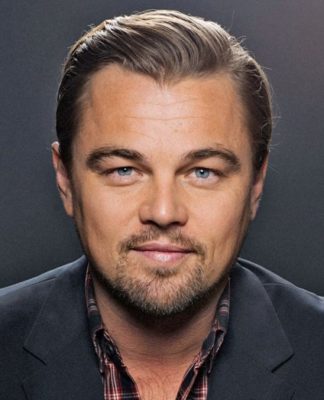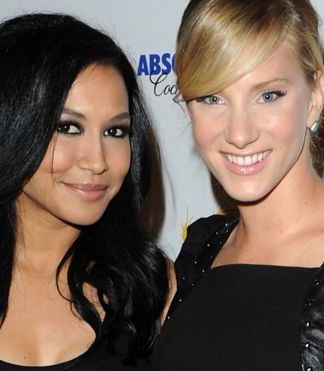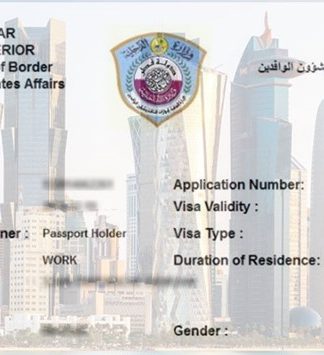POLITICSTURKEY
Turkey election: Erdogan tested in runoff — live updates
Published 9 hours agoPublished 9 hours agolast updated 20 minutes agolast updated 20 minutes ago
Turks are choosing if President Recep Tayyip Erdogan will stay in power after a 20-year reign. The opposition wants to take Turkey on a different path amid concerns about the economy and refugees. DW has more.
https://p.dw.com/p/4Ru62
Voters choose between Erdogan, Kemal Kilicdaroglu in runoff election
The election would decide the country’s political, economic and foreign policy course
Polls close at 14:00 UTC
This article was last updated at 11:44 UTC
Erdogan remains popular
DW special correspondent Aya Ibrahim said that Erdogan’s voter base is “devoted to him in a way that looks beyond the economic challenges facing the country.”
Ibrahim said that Erdogan “still enjoys huge popularity” in Turkey, with supporters crediting the incumbent president with bringing progress to the country and improving Turkey’s healthcare system.
She said that Erdogan has used “anti-LGBT rhetoric to court more right-wing voters during the election campaign.”
Worker’s Party (TIP) candidate Talya Aydin told DW’s correspondent that the “LGBTI community is right to feel threatened” under Erdogan’s government due to banned Pride marches and other restrictions on freedom of assembly.
Turkey elections: A deeply divided society
03:31
Opposition party reports attack on election observers
The deputy leader of the opposition Republican People’s Party (CHP), Ozgur Ozel, says that there has been an attack on the election observers at the polls.
Ozel said on Twitter that the CHP’s election observers in a village in the southeastern Turkish province of Sanliurfa were beaten and their phones were broken after they objected to voting irregularities. He said that CHP lawmaker Ali Seker was on the scene.
The CHP deputy leader urged authorities to ensure the security of the election.
The German Press Agency (dpa) said it could not independently verify the report.
Candidates cast ballots in runoff
The two candidates in Turkey’s second round of presidential elections have cast their ballots.
Incumbent president Erdogan noted that this was the first presidential runoff in Turkey’s history.
Turkish President Recep Tayyip Erdogan, right, and his wife Emine Erdogan, cast their ballotsTurkish President Recep Tayyip Erdogan, right, and his wife Emine Erdogan, cast their ballots
Image: Murad Sezer/AP Photo/picture alliance
He said that he expected participation to remain high in the second round, urging voters to “turn out without complacency.”
“I pray to God, that it (the election) will be beneficial for our country and nation,” he said.
Meanwhile, opposition candidate Kilicdaroglu urged citizens to vote against Erdogan, calling his government an “authoritarian regime.”
“In order to get rid of this authoritarian regime… I invite all my citizens to cast their ballot,” Kilicdaroglu said after voting.
Kilicdaroglu called on his supporters to protect the ballot boxes “because this election is taking place under very difficult conditions.”
Kilicdaroglu and his wife, Selvi Kilicdaroglu, cast their ballotsKilicdaroglu and his wife, Selvi Kilicdaroglu, cast their ballots
Image: Yves Herman/REUTERS
Results quicker in second round — electoral authority
The results in the second round of voting in Turkey’s presidential election should be available sooner than those of the first round were, according to electoral authority chief Ahmet Yener.
Yener said that the count could be expected to proceed faster due to the fact that only two candidates were involved.
The head of Turkey’s national electoral authority said that voting had occurred without incident.
After the first round of voting, preliminary final results were not announced until noon the following day.
Turnout to be key in second round
DW correspondent in Istanbul Dorian Jones said that both Erdogan and Kilicdaroglu emphasized the importance of voter turnout in their electoral campaigns.
“Both realize that turnout will be key to determining the outcome of this vote,” he said.
Jones said that the incumbent president’s voter base “still turned out in record numbers for Erdogan” in the first round of voting.
Overall turnout in the first round was just over 87% of eligible voters.
He said that Erdogan emphasized “continuity” in his campaign and pointed out that his party controls an absolute majority in parliament. “That in many ways is seen as his key card,” Jones said.
Kilicdaroglu has maintained his broad coalition of six parties including secularists, conservatives, Kurdish parties and a far-right Turkish nationalist party.
Jones pointed to the fact that far-right candidate Sinan Ogan achieved 5% of the vote in the first round, saying that these voters “are seen as key to Kilicdaroglu if he can win.”
“That’s why he’s taken a very hard line on migration, calling for the return of millions of Syrian refugees,” Jones said.
Turkey elections: DW’s Dorian Jones in Istanbul
03:35
Polls open in Turkey election runoff
Voters across Turkey headed to polling stations, which opened at 8 a.m. local time (0500 GMT/UTC) and were set to close at 5 p.m.
President Recep Tayyip Erdogan, who has been at Turkey’s helm for 20 years, is favored to win a new five-year term after coming just short of an outright victory in the first round on May 14.
His rival, Kemal Kilicdaroglu, who was widely tipped to come out top in the first round has been attempting to play catch up during campaigning over the past two weeks.
Both candidates are trying to pick up the supporters of Sinan Ogan, who was knocked out in the first round and who received 5% of the vote.
But the hardline nationalist this week dealt a blow to Kilicdarogl by endorsing Erdogan.
The outcome of the country’s first-ever election runoff is expected to start becoming clear by early evening.
Turkish citizens queue outside a polling station in earthquake-hit MalatyaTurkish citizens queue outside a polling station in earthquake-hit Malatya
Voters headed to the polling stations early on SundayImage: Volkan Kasik/AA/picture alliance
Analyst to DW: Competition between political parties ‘not fair’
Seren Selvin Korkmaz, a researcher at the Stockholm University Institute for Turkish Studies and head of the Istanbul-based think tank IstanPol Institute, told DW ahead of the vote that the competition among Turkey’s political parties is not fair.
“Turkey is now categorized as a competitive authoritarian regime, where elections are held regularly but competition among political parties is not fair,” she said.
Korkmaz said that before the elections, the government used state funds for political campaigns, adding that independent judicial bodies are also controlled by government officials.
She noted that just last year the electoral rules were changed in favor of the government.
The Turkish government has also “very effectively” used its domination not only in the official media but also in the pro-government media, Korkmaz said.
The researcher listed a number of strategies which she argued helped President Recep Tayyip Erdogan to gain a slight lead in the first round of the presidential election. Those including rewarding loyalty and punishing the disloyal, using pro-government media to paint him as the only candidate who could ensure stability, and resorting to identity politics.
However, she recalled that Erdogan was also suffering from the economic crisis, which had caused disappointment among some of his supporters.
Both candidates urge people to vote
Both Erdogan and opposition candidate Kemal Kilicdaroglu rallied their supporters to vote on the final day of election campaigning.
Speaking to a rally in Istanbul’s Beykoz district, Erdogan promised his supporters a “historical triumph” with a “vast majority,” as he gears up for a first runoff vote.
The incumbent president also paid homage to his executed mentor, in an effort to mobilize his conservative base. Erdogan visited the mausoleum of Adnan Menderes, who was tried and hanged a year after the 1960 military coup, which restored Turkey to a more secular course.
People walk past an election campaign poster for Turkey’s President Recep Tayyip Erdogan on May 25, 2023 in Istanbul, Turkey.People walk past an election campaign poster for Turkey’s President Recep Tayyip Erdogan on May 25, 2023 in Istanbul, Turkey.
Erdogan has appealed to his conservative base on the eve of the runoffImage: Chris McGrath/Getty Images
“The era of coups and juntas is over,” the 69-year-old declared after laying a wreath at his mentor’s tomb in Istanbul. “I once again call on you to go to the ballot boxes. Tomorrow is a special day for us all.”
Kilicdaroglu, meanwhile, called on “those who love their homeland” to “protect the ballot boxes” during a campaign event in Ankara.
Who are the candidates and what’s at stake?
Sunday’s runoff election pits the country’s decades-long ruler Recep Tayyip Erdogan against challenger Kemal Kilicdaroglu. Erdogan held what could be a vital lead in the first round of voting, defying opinion polls.
Turkey election: Erdogan still the man to beat
02:28
Erdogan has governed the country for the past 20 years, first as prime minister, starting in 2003, then as president from 2014 onwards. The strongly religious president founded his Islamic-conservative AKP (Justice and Development Party) in 2001.
The party won an absolute majority in parliament only a year later. Erdogan has not lost an election since, and after each victory he has found new ways to strengthen his grip on power.
He amended the constitution to introduce a presidential system in 2017 which saw him secure both the party chairman and the president posts at once.
Kilicdaroglu, by contrast, ran a more moderate campaign up until a few days ago. As the chairman of Mustafa Kemal Ataturk’s CHP party, he presented himself as a reconciler who wanted to unite Turkey’s deeply divided society.
Among his promises was that of restoring the country’s parliamentary system.
However, after the disappointing first round, the opposition opted for a radical change of course. Kilicdaroglu’s appearances are now loud and aggressive; he strikes a much harsher tone, and rails against refugees in an effort to shore up voters.
Turkey elections: Syrians fear their place in society
04:03
Sunday’s decisive vote is set to settle how the country will be governed, where its economy is headed and the shape of its foreign policy.
Erdogan’s critics have accused him of silencing opposition and driving inflation to astronomical figures, owing to his low interest rates policy.
Sluggish relief efforts after devastating earthquakes in the Turkish-Syrian border region earlier this year has also drawn fierce criticism towards Erdogan’s government.
sdi, rmt/wd,fb (AFP, dpa, Reuters)
















